
Amendments to Regulation 2004/2007 reinforcing the powers and widening the mandate of the European Agency for the Management of External Borders entered into force in January 2012.[1] Some of the amendments broaden the Agency’s mandate when dealing with third countries. These developments of the Agency’s external relations reflect the ambitions of Frontex, and reinforce concerns regarding its impact on human rights and civil liberties.
Working arrangements: technical cooperation and political agenda
Frontex is empowered to sign cooperation agreements with third countries to facilitate cooperation between EU countries and their partners. In addition to the existing possibility of signing working arrangements with the competent authorities of third countries, the Agency can now deploy liaison officers in partner third countries and engage in technical cooperation projects with their competent authorities. Frontex argues that such cooperation remains purely technical and aims to facilitate EU and EU member states’ cooperation with third countries.
Such technical cooperation is based on political choices (securing EU external borders based on evaluated threats), and has political consequences for the nature of the EU’s external relations. The selection of certain countries rather than others to conclude such agreements is an example. Continue reading “The reinforcement of Frontex and the intensification of cooperation with third countries”
http://euro-police.noblogs.org/2012/03/the-reinforcement-of-frontex-and-the-intensification-of-cooperation-with-third-countries/#more-9784







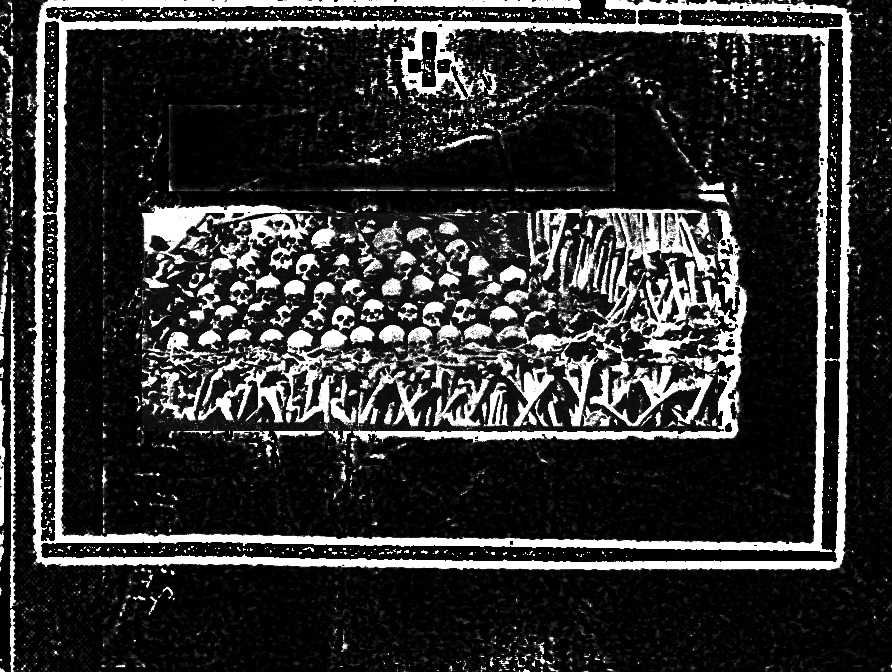
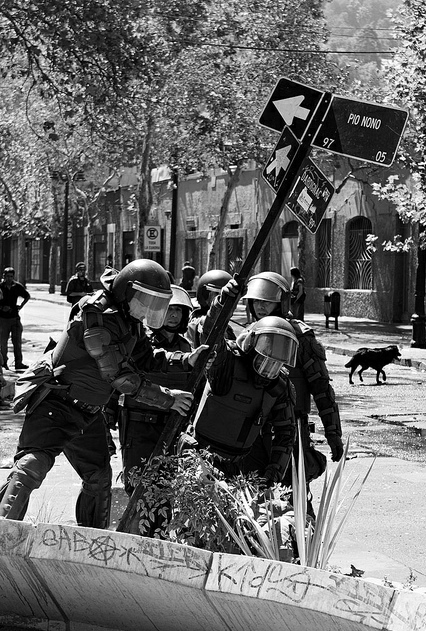





![Eurorepressione - Sulla conferenza a Den Haag sul tema "Anarchia" [corretto]](http://25.media.tumblr.com/tumblr_m0jvngOXtY1qa2163o1_1280.jpg)




![A tres años de la Partida de Mauricio Morales: De la Memoria a la Calle [Stgo.]](http://metiendoruido.com/wp-content/uploads/2012/05/mmacividad.jpg)
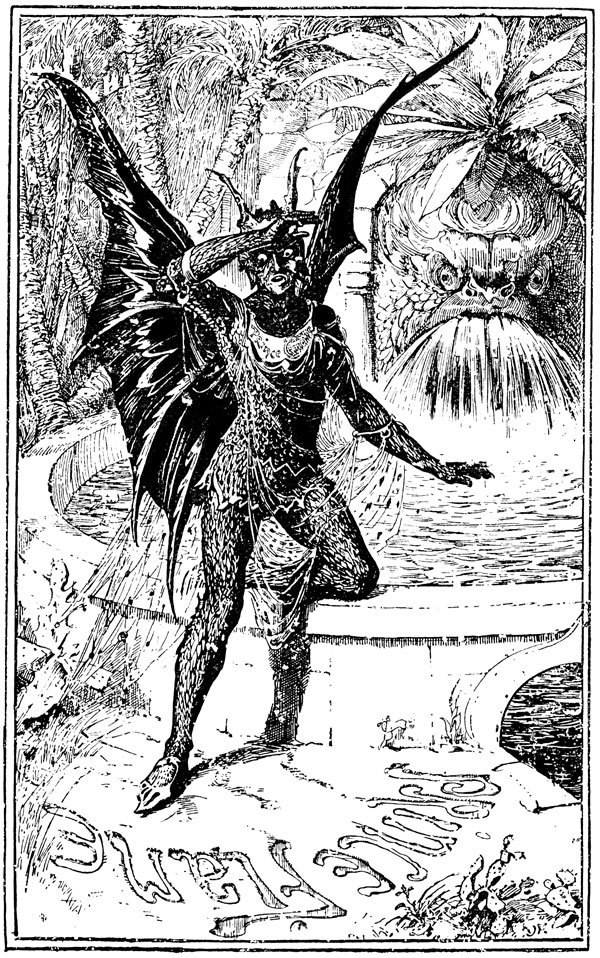




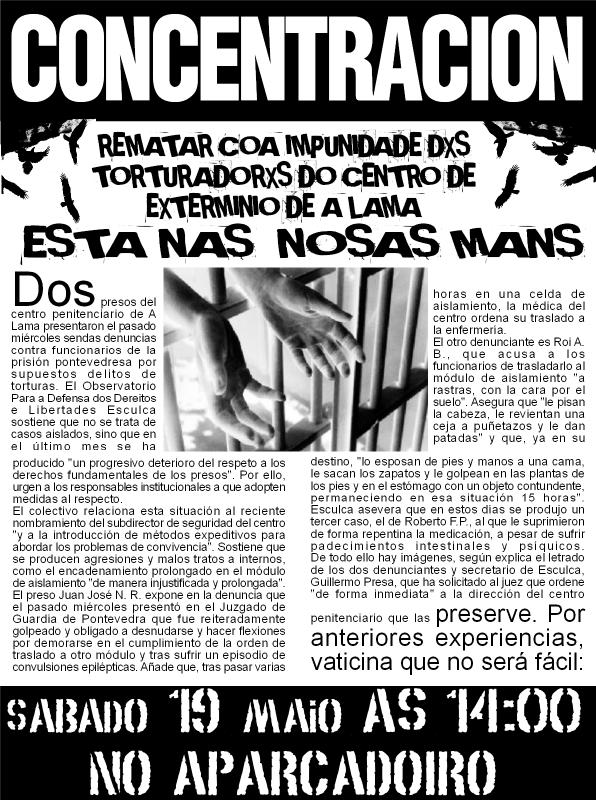




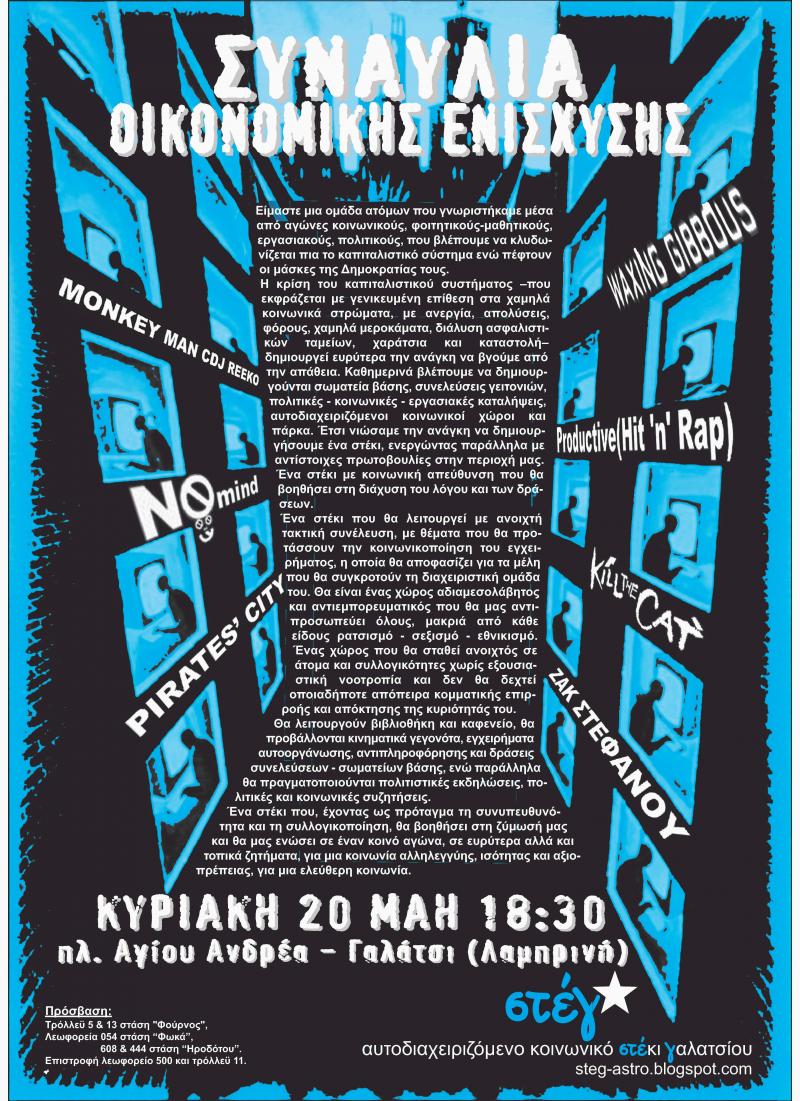








Nessun commento:
Posta un commento